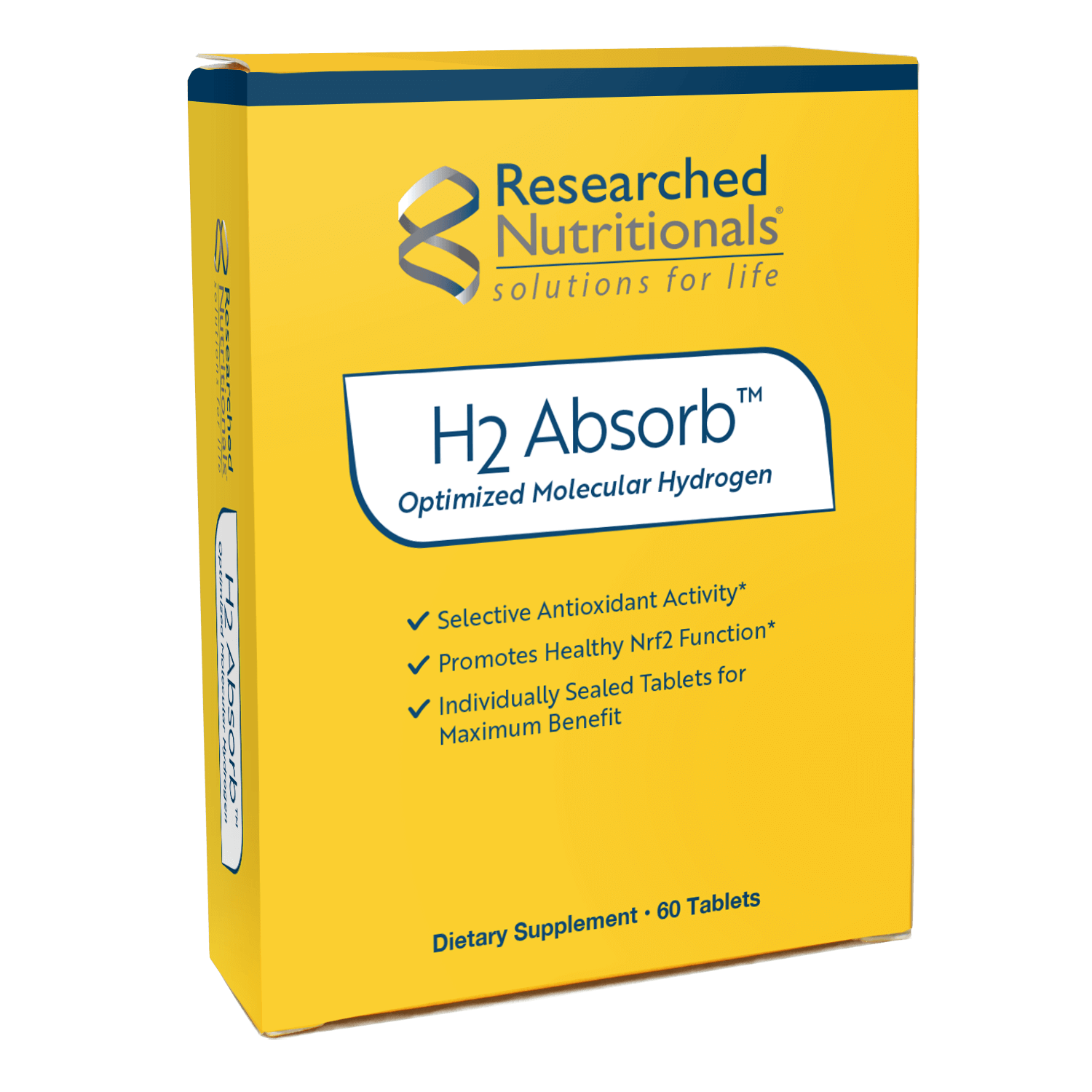Dextrose
Showing the single result
Showing the single result
© Copyright
– Researched Nutritionals®
| Cookie | Duration | Description |
|---|---|---|
| cookielawinfo-checkbox-analytics | 11 months | This cookie is set by GDPR Cookie Consent plugin. The cookie is used to store the user consent for the cookies in the category "Analytics". |
| cookielawinfo-checkbox-functional | 11 months | The cookie is set by GDPR cookie consent to record the user consent for the cookies in the category "Functional". |
| cookielawinfo-checkbox-necessary | 11 months | This cookie is set by GDPR Cookie Consent plugin. The cookies is used to store the user consent for the cookies in the category "Necessary". |
| cookielawinfo-checkbox-others | 11 months | This cookie is set by GDPR Cookie Consent plugin. The cookie is used to store the user consent for the cookies in the category "Other. |
| cookielawinfo-checkbox-performance | 11 months | This cookie is set by GDPR Cookie Consent plugin. The cookie is used to store the user consent for the cookies in the category "Performance". |
| viewed_cookie_policy | 11 months | The cookie is set by the GDPR Cookie Consent plugin and is used to store whether or not user has consented to the use of cookies. It does not store any personal data. |
Molecular Hydrogen (two atoms of hydrogen combined into one molecule) is a powerful antioxidant that selectively targets the most toxic of free radicals, the hydroxyl group. The ability to selectively target free radicals is important as it means that it will not interfere with adjunctive therapies doctors may be pursuing.
A healthy body creates free radicals as a result of normal activity & metabolism. These free radicals, known as ROS (reactive oxygen species) or RNS (reactive nitrogen species) are kept in check by the healthy body, maintaining normal mitochondrial function. Health challenges, including chemical exposure or physical stress, provide additional obstacles to maintaining this balance.
In contrast to many antioxidants, molecular hydrogen is able to penetrate the blood-brain barrier.
| Features | Constituents/Actions | Benefits* |
| Molecular Hydrogen | Hydrogen molecules in gas form | • Selectively targets toxic free radicals such as the hydroxyl free radicals – the strongest oxidizing (toxic) radical • Neutralizes hydroxyl free radicals by turning them into water (as a result of giving up an electron) • This selectivity makes this therapy an adjunctive approach to certain immune protocols targeting toxic oxidants • Hydrogen gas is a very stable molecule that cannot be broken apart by good free radicals |
| Mitochondrial Advantage | • Most free radicals are formed in the mitochondria, as it produces energy (ATP) • Hydrogen is the lowest weight (smallest) element and, as a neutral molecule, is easily absorbed into the cell and mitochondria • As a gas, hydrogen can penetrate cellular membranes & enter intracellular compartments • Promotes a healthy level of oxidative stress |
|
| The hydrogen molecule is balanced (two electrons & two protons) | • This means that it is neutrally charged and will not make the water acidic • It is tasteless, colorless, and odorless |
|
| Promotes healthy glutathione levels | • Hydrogen gas positively impacts gene transcription, promoting glutathione production |
Notice: Due to VAT laws in the UK and our agreement with our European distributor, we are not able to ship orders to the UK. Please contact www.nutrined.com to complete your purchase.
